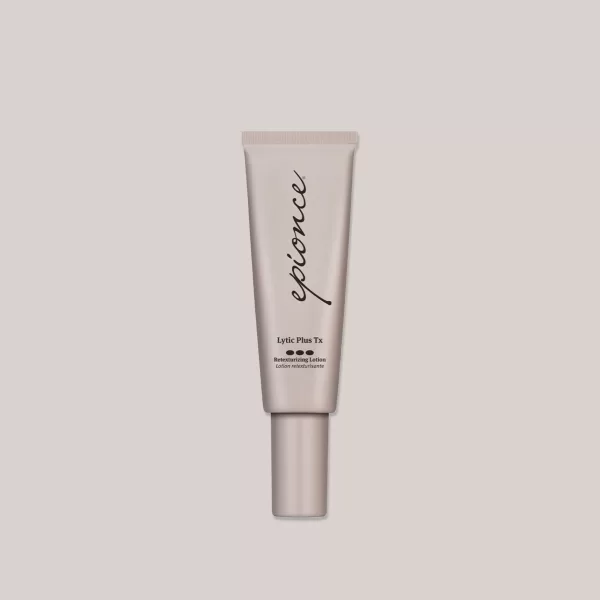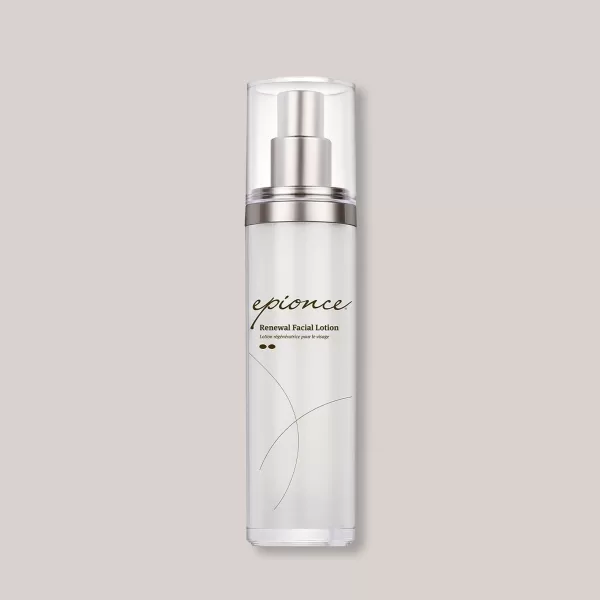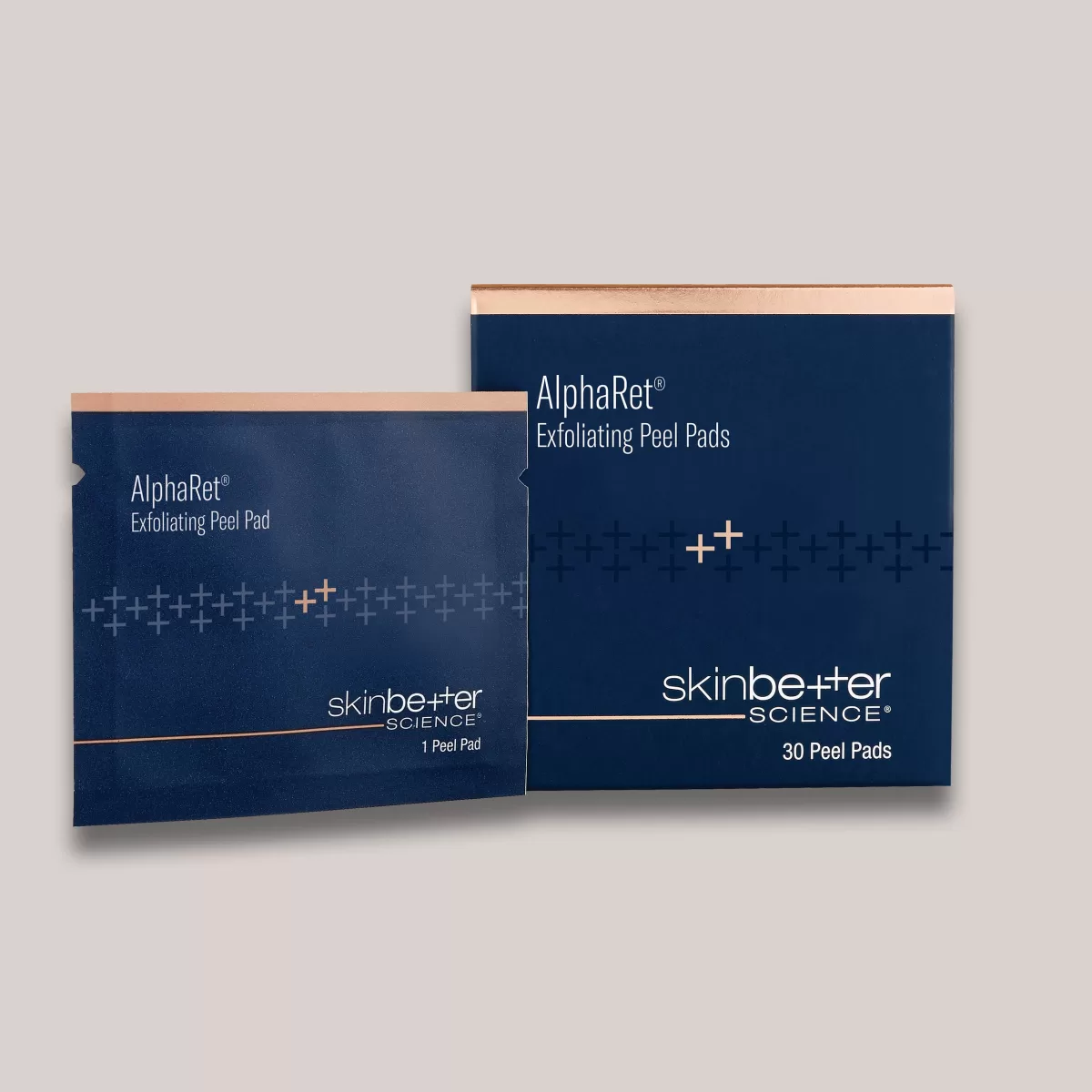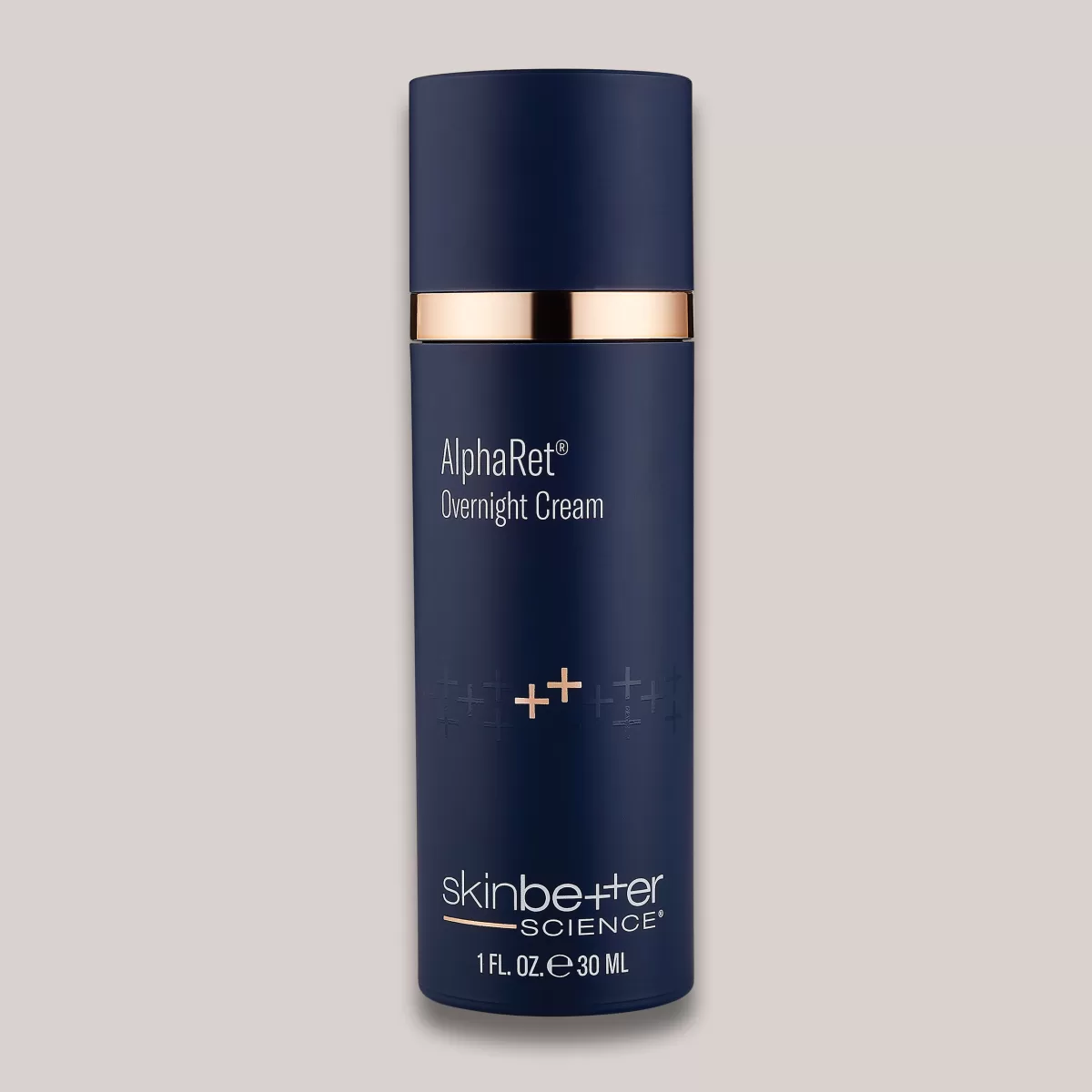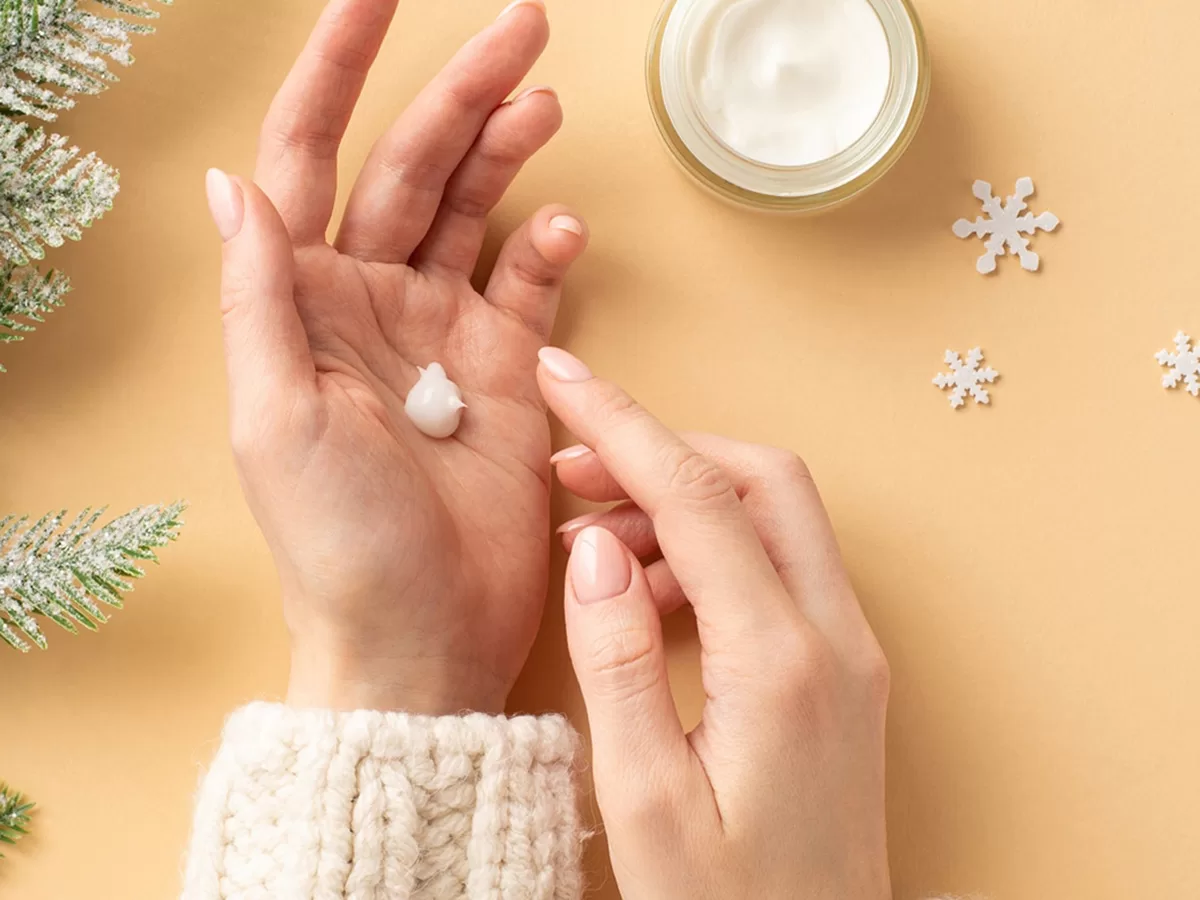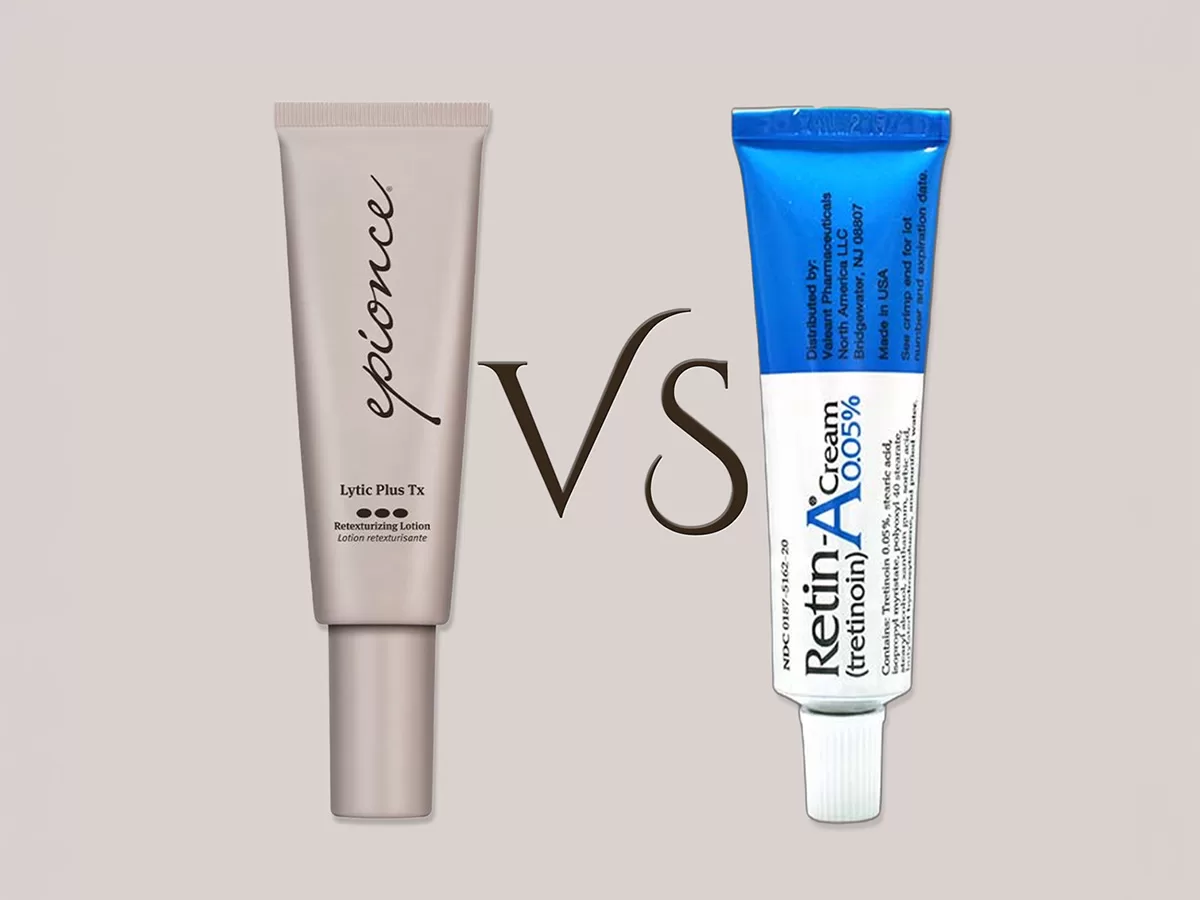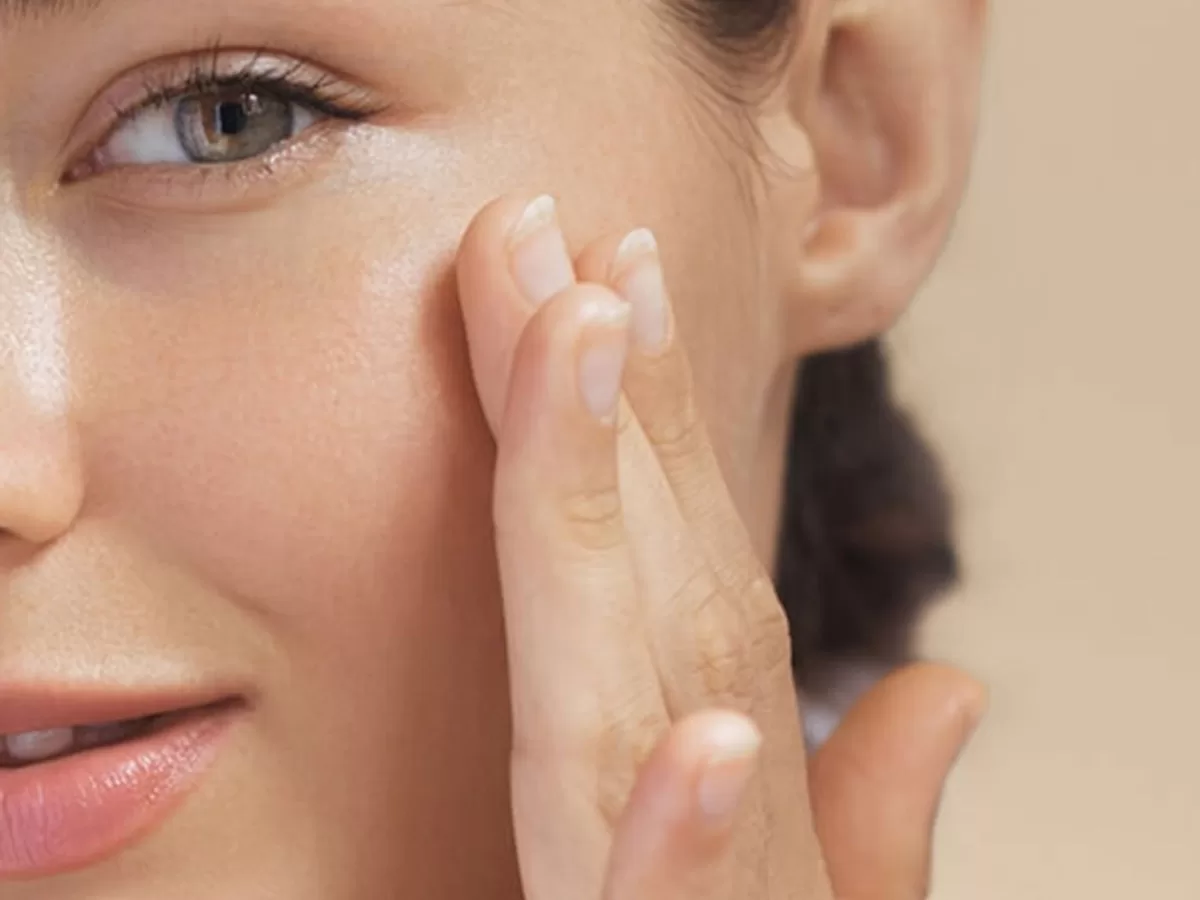Retinoids have become an essential element in skincare, widely recognized for their unparalleled effectiveness in treating acne, improving skin texture, and combating signs of aging. When paired with proper sun protection, retinoids form the cornerstone of powerful anti-aging regimens, offering robust defense against fine lines and dullness. With retinol widely available over-the-counter and retinoids prescribed frequently in medical aesthetics, it’s easy to become confused about their differences. This guide clarifies their differences—and introduces gentle yet effective retinoid alternatives—to help you select the ideal solution for your skin.
Retinoids vs. Retinol: Benefits and Basics
Both retinol and retinoids are derived from Vitamin A, known for speeding up skin cell turnover and boosting skin regeneration. Retinoids achieve their impressive results by binding directly to receptors within keratinocytes (the main cells in your skin’s top layer). On the surface, consistent retinoid use sheds dead skin cells, clears clogged pores, and brightens your complexion. Beneath, retinoids work deeply, increasing collagen and elastin production to fight fine lines and wrinkles.
Retinol, a specific type of retinoid, is prevalent in over-the-counter (OTC) skincare, typically at concentrations of 0.5% to 1%. Although the terms are often interchanged, “retinoids” generally refer to stronger prescription-strength products prescribed by dermatologists.
Retinoids vs. Retinol: Structure and Strength
The primary distinction between retinol and prescription-strength retinoids lies in their molecular structure and strength. Retinol must undergo two conversions within your skin to reach the active form (retinoic acid), whereas many prescription retinoids require only one or no conversions, making them significantly more potent and faster-acting.
Here’s a detailed breakdown to help you clearly understand their differences:
Detailed Comparison: Retinol vs. Retinoids
| Feature | Retinol (OTC) | Retinoids (Prescription) |
|---|---|---|
| Strength and Potency | Mild to moderate; requires two conversions to active form | Moderate to high; active or single conversion |
| Availability | Over-the-counter | Prescription-only |
| Effectiveness | Gradual improvement over months | Rapid and noticeable results within weeks |
| Potential Side Effects | Mild irritation, redness, dryness | Potentially significant redness, irritation, dryness, and peeling |
| Ideal Skin Types | Dry, sensitive, beginner users | Oily, acne-prone, experienced users |
| Primary Uses | Mild acne, early signs of aging, maintenance | Moderate-to-severe acne, significant aging concerns, hyperpigmentation |
Common Types of Prescription Retinoids
- Tretinoin (Retin-A)
The original topical retinoid widely used for acne, hyperpigmentation, and aging. Available in gels, creams, and lotions. Innovations like microsphere technology help reduce irritation. - Renova (0.05% tretinoin)
A specialized tretinoin cream specifically formulated for anti-aging purposes, targeting fine lines, wrinkles, uneven texture, and sun damage. Often prescribed for mature skin, Renova is gentler than traditional tretinoin products but still carries potential for irritation, dryness, and increased sun sensitivity. - Adapalene (Differin, Epiduo)
Known for acne and anti-aging, adapalene is available OTC (0.1%) and prescription strength (0.3%). Combined with benzoyl peroxide in products like Epiduo for enhanced acne control, although this can increase dryness and irritation. - Tazarotene (Tazorac, Arazlo)
Among the most potent retinoids, typically prescribed for severe acne and significant signs of aging. Due to its strength, it’s usually recommended for oily skin or experienced retinoid users. - Trifarotene (AKLIEF)
This newer retinoid selectively targets acne on the face, shoulders, chest, and back by acting on specific retinoic acid receptors, helping reduce inflammation effectively.
Retinoid Alternatives
Meet the botanical-based retinoid alternative: Epionce Lytic TX and Renewal Facial Lotion
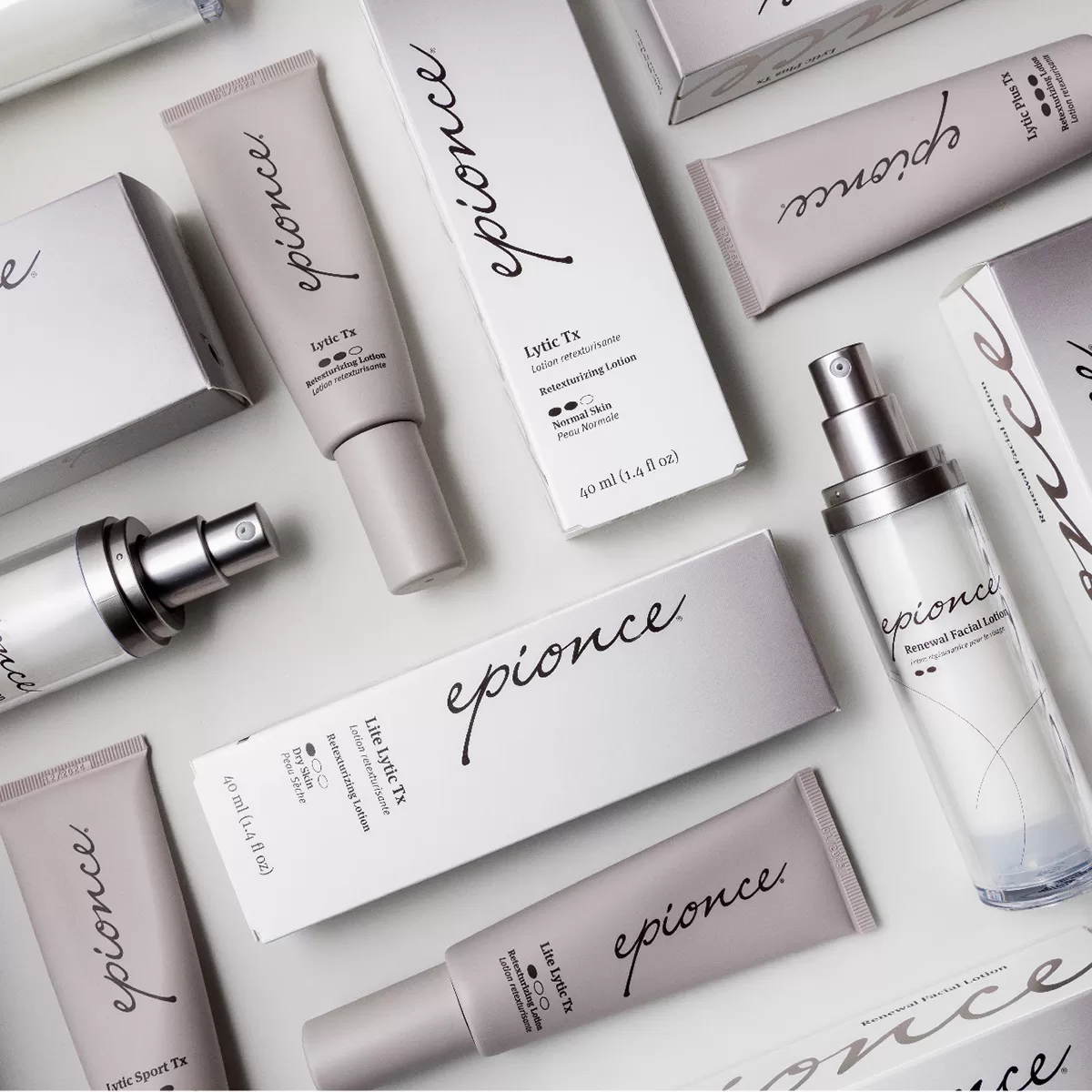
As warmer weather arrives, many skincare enthusiasts opt to cycle off retinoids due to increased sun sensitivity, redness, and irritation commonly associated with these potent formulations. Fortunately, highly effective alternatives exist that deliver impressive anti-aging results without the adverse reactions often linked to retinol use.
Why Choose Epionce Lytic TX and Renewal Facial Lotion?
Epionce’s clinically proven combination of Lytic TX and Renewal Facial Lotion provides a remarkable non-retinoid solution with anti-aging benefits comparable to prescription retinoids like Renova (0.05% tretinoin), minus unwanted side effects. According to an independent, controlled clinical study, Epionce demonstrated equal or superior improvements in fine lines, wrinkles, skin clarity, and overall texture compared directly to Renova, but without causing irritation, barrier thinning, redness, or increased sun sensitivity (Episciences, Inc., 2011).
Clinical Study Highlights (Epionce vs. Renova):
- Comparable effectiveness: Epionce delivered similar or better results in reducing fine lines, wrinkles, roughness, and hyperpigmentation (Episciences, Inc., 2011).
- Enhanced hydration and skin density: Epionce significantly outperformed Renova by increasing epidermal hydration (glycosaminoglycans) and dermal density, both crucial for resilient, youthful skin (Episciences, Inc., 2011).
- Reduced irritation: Participants experienced notably fewer side effects—such as redness and irritation—with Epionce compared to Renova, making it ideal for sensitive skin, or summertime use when sun exposure typically increases (Episciences, Inc., 2011).
How Epionce Works:
Epionce’s unique approach strengthens and optimizes the skin barrier rather than exfoliating aggressively. The Lytic TX treatment, combined with Renewal Facial Lotion applied both morning and evening, gently renews skin texture and tone, while also minimizing chronic inflammation that can accelerate aging (Episciences, Inc., 2011).
Ideal for Warmer Weather:
During the sunnier seasons, Epionce’s regimen provides an excellent alternative to retinoids, allowing patients to maintain robust anti-aging benefits without heightened risk of sun-induced sensitivity or irritation. It lets you confidently enjoy outdoor activities with healthier, protected skin.
If you’re looking for a clinically validated, gentle yet powerful retinoid alternative, Epionce Lytic TX and Renewal Facial Lotion should be at the top of your skincare list.
-
Renewal Facial Lotion, 1.7 fl oz
$102.00
Reference:
Episciences, Inc. (2011). Clinical Study Comparing Epionce and Renova (0.05% tretinoin) for Anti-Aging Efficacy. Download PDF
How and When to Use Retinol and Retinoids
Because retinoids increase sun sensitivity, integrate them into your evening skincare routine. During use, always prioritize sun protection, wearing broad-spectrum sunscreen (SPF 40 or higher), sun-protective clothing, and minimizing direct sun exposure.
Patients with sensitive or dry skin might prefer starting with OTC retinol to limit potential irritation. At Direct Aesthetics, we always consider your skin type, age, and treatment goals when recommending products to ensure optimal results with minimal side effects.
Retinoids, Retinol, and Pregnancy: Important Considerations
Pregnant or breastfeeding? It’s advised to avoid both prescription-strength retinoids and over-the-counter retinol products, as these Vitamin A derivatives can pose risks to the developing baby. If you’re pregnant, nursing, or trying to conceive, gentle, pregnancy-safe alternatives like Epionce Lytic TX and Renewal Facial Lotion can provide similar anti-aging results without the safety concerns. Always speak with your provider before adding any new products to your skincare routine during pregnancy or nursing.
Our Favorite Non-Prescription Retinoid Products by SkinBetter Science
SkinBetter AlphaRet Exfoliating Peel Pads
SkinBetter AlphaRet Exfoliating Peel Pads contain a proprietary retinoid, not retinol. Specifically, AlphaRet is SkinBetter’s unique technology that combines a retinoid with lactic acid (AHA) to deliver effective exfoliation and anti-aging benefits while minimizing irritation typically associated with traditional retinoids.
Skinbetter AlphaRet Overnight Cream
SkinBetter AlphaRet Overnight Cream combines a gentle retinoid with lactic acid (AHA) to visibly reduce fine lines, wrinkles, and uneven texture overnight. Ideal for sensitive skin, it delivers smoother, radiant results without irritation.
Retinol, Retinoids, or Alternatives—Which is Best for Your Skin?
To find the ideal retinoid, retinol, or gentle alternative tailored to your skin’s unique needs, schedule a personalized consultation with our skincare experts at Direct Aesthetics. We’ll guide you toward clear, healthy, and beautifully radiant skin.

GET IN TOUCH

